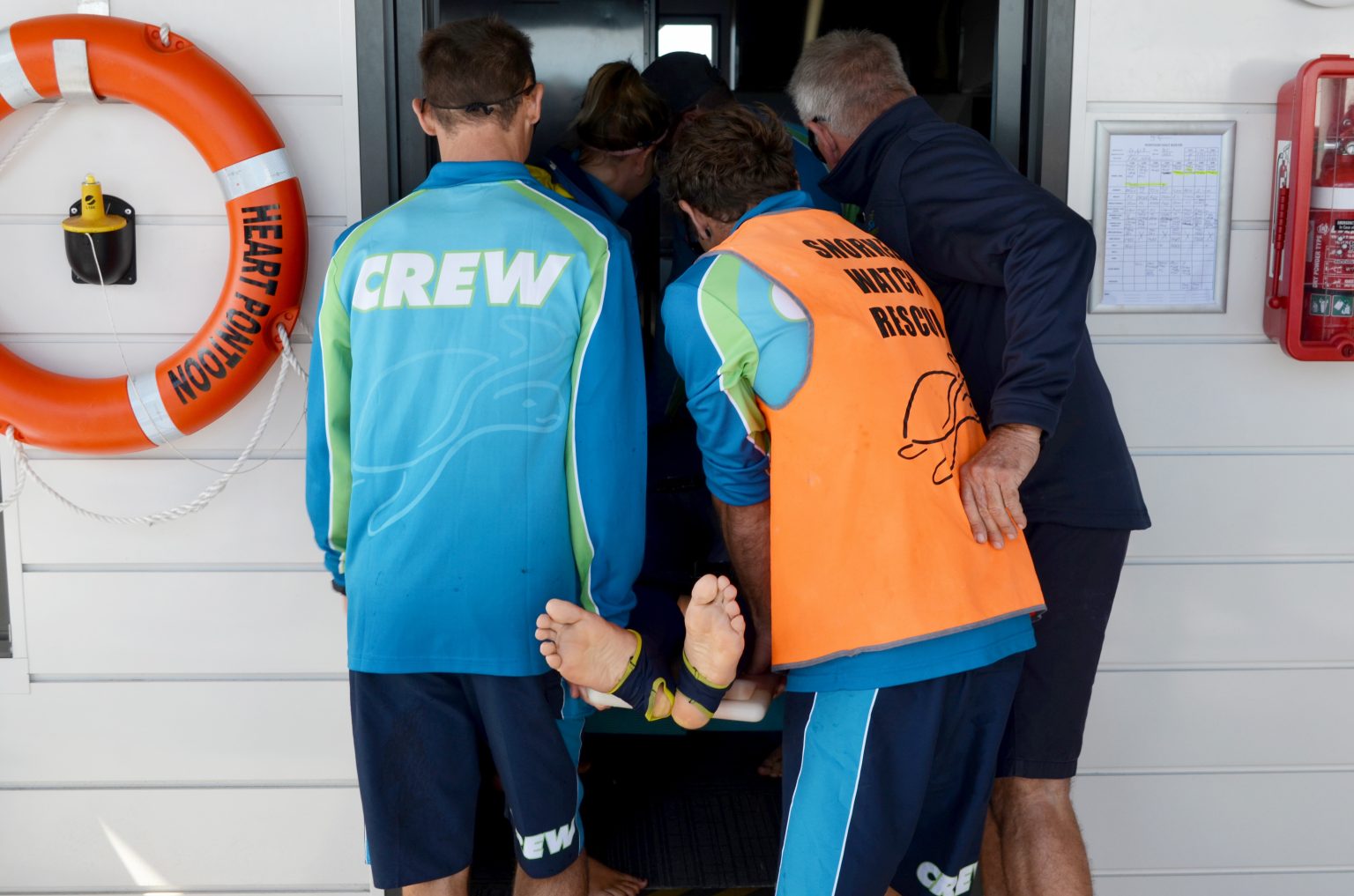Embarking on a cruise ship journey embodies the pinnacle of leisure and escapade, offering a sanctuary where the cerulean embrace of the sea stretches to the horizon, whispering promises of adventure and serenity. This unique blend of exploration and luxury attracts millions globally, seeking refuge from the mundane.
Yet, within this idyllic realm, unforeseen mishaps lurk, capable of transforming a dream voyage into a daunting ordeal. It is under these circumstances that the specialised acumen of a cruise ship accident attorney becomes indispensable, guiding afflicted individuals through the intricacies of maritime law to secure their deserved reparation and justice.
Introduction to Cruise Ship Vacations
The allure of cruise vacations lies in their unparalleled ability to combine the exploration of exotic locales with the opulence of floating resorts. These vessels, cities unto themselves, offer an array of amenities and activities designed to cater to every passenger’s whims. However, the very essence of being at sea, isolated from the immediate reach of terrestrial emergency services, introduces a spectrum of potential risks. From minor mishaps to significant injuries, the unpredictable nature of these maritime adventures underscores the importance of understanding the potential for and implications of onboard accidents.
Common Causes of Injuries on Cruise Ships
The spectrum of injuries on cruise ships is as varied as the activities offered onboard. Slip and fall accidents rank among the most common, with wet decks and bustling corridors posing a constant risk to passengers. The blend of excitement and unfamiliar surroundings can lead to moments of negligence, often resulting in injuries that could range from minor bruises to severe fractures or head traumas.
Recreational activities onboard, such as rock climbing walls, water slides, and swimming pools, offer a mix of fun and potential hazard. While these amenities are designed with safety in mind, accidents can occur, sometimes due to equipment malfunction, inadequate supervision, or improper use by passengers.
Furthermore, the contained environment of a cruise ship can exacerbate the spread of foodborne illnesses, affecting not just a handful of passengers but potentially dozens, if not hundreds. Outbreaks of norovirus, for example, have been known to occur, leading to significant discomfort and potentially serious health issues for those affected.
The Role of a Cruise Ship Accident Attorney
Navigating the aftermath of an onboard injury demands expertise in a niche area of law: maritime or admiralty law. This specialized legal field addresses issues and activities that occur on navigable waters, including the ocean. A cruise ship accident attorney stands as a beacon of knowledge and support, expertly guiding victims through a legal landscape that is markedly different from the usual proceedings on land.
These attorneys don’t merely represent their clients in court; they serve as tireless advocates for the injured, meticulously compiling evidence, and crafting a case that accurately reflects the physical and emotional toll of the incident. Their goal is to ensure that victims receive comprehensive compensation, which may cover medical expenses, loss of income, pain and suffering, and, when applicable, punitive damages for gross negligence on part of the cruise line.
Steps to Take After an Injury on a Cruise Ship
The moments following an injury are crucial. Immediate steps include reporting the incident to the ship’s authorities, which is often a prerequisite for any future claims. Seeking medical attention onboard is equally important, as it provides a documented assessment of the injuries sustained—a vital piece of evidence in any legal proceedings.
Documenting the incident in as much detail as possible can significantly impact the outcome of a legal case. Photographic evidence of the accident site, witness statements, and a personal account of the event and its aftermath are invaluable. Once these initial steps are taken, contacting a cruise ship accident attorney becomes imperative. With their specialised knowledge, they can offer crucial advice on preserving evidence and the subsequent steps to ensure a strong legal standing.
Preventing Injuries: Tips for Safe Cruise Travel
While not all accidents can be prevented, awareness and preparedness can significantly mitigate risks. Prospective passengers should conduct thorough research before selecting a cruise line, paying close attention to safety records and passenger reviews. Once onboard, maintaining an awareness of one’s surroundings and adhering to safety guidelines during activities can reduce the likelihood of accidents.
Understanding the rights and protections afforded to passengers under maritime law is also crucial. In the unfortunate event of an injury, this knowledge can empower passengers to take the appropriate actions, ensuring their health and legal rights are protected.
Conclusion
Cruise vacations, with their blend of adventure and relaxation, continue to captivate the imaginations of travellers worldwide. However, the potential for unforeseen mishaps requires a level of vigilance and preparedness from all passengers. In instances where fun turns to trouble, the expertise of a cruise ship accident attorney becomes invaluable, offering a lifeline to those affected by ensuring that justice and compensation are within reach. By taking proactive steps towards safety and understanding the legal landscape, passengers can navigate these waters with confidence, fully embracing the wonders of their journey with peace of mind.



